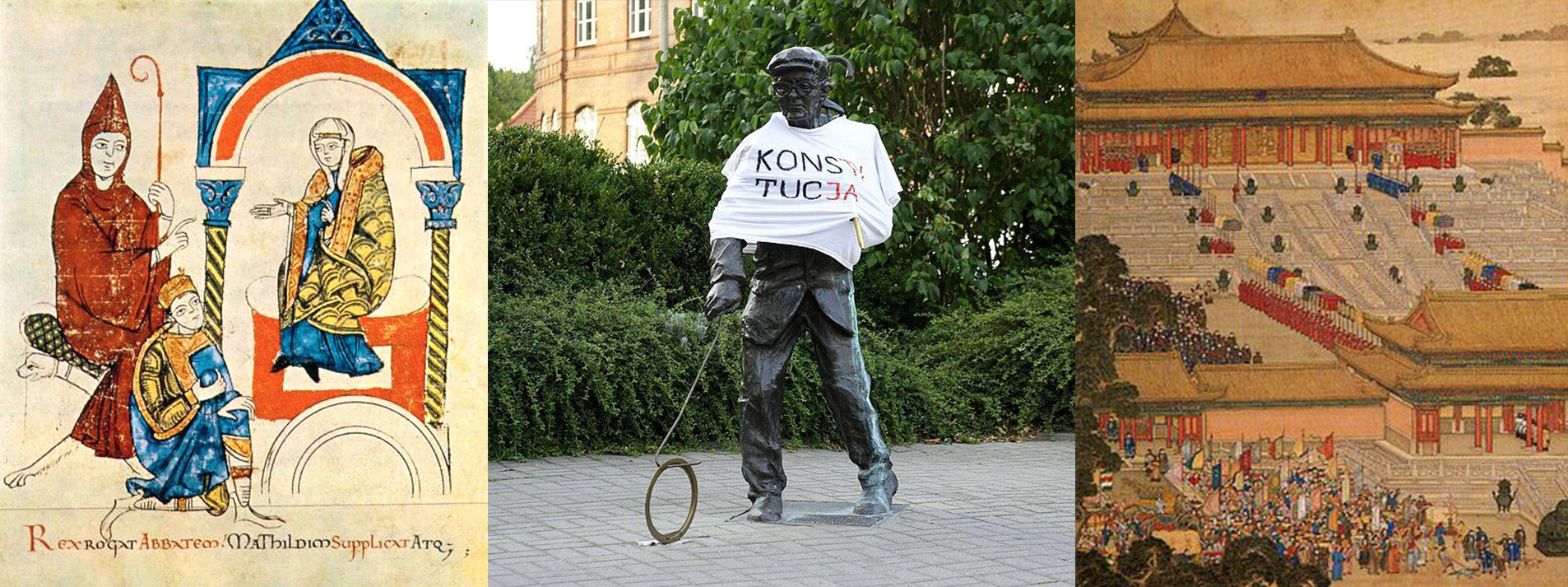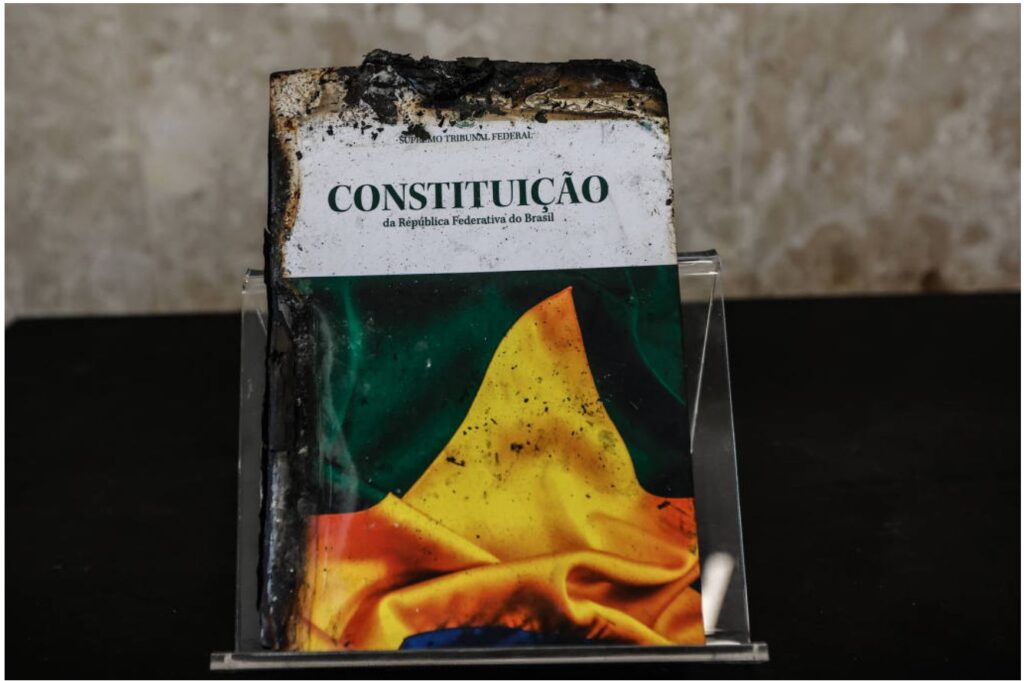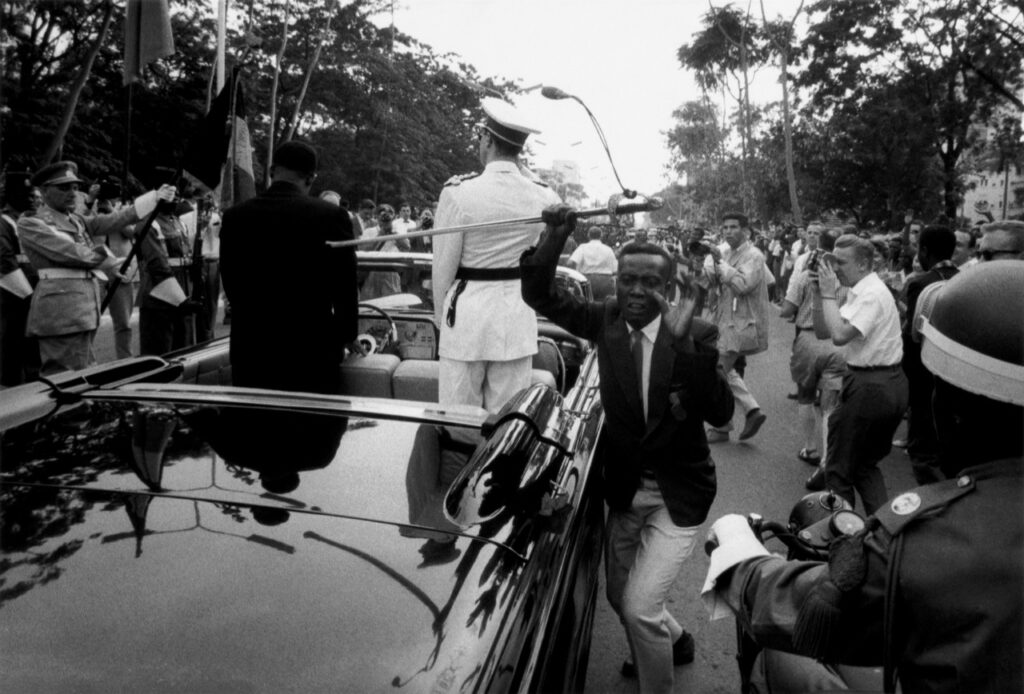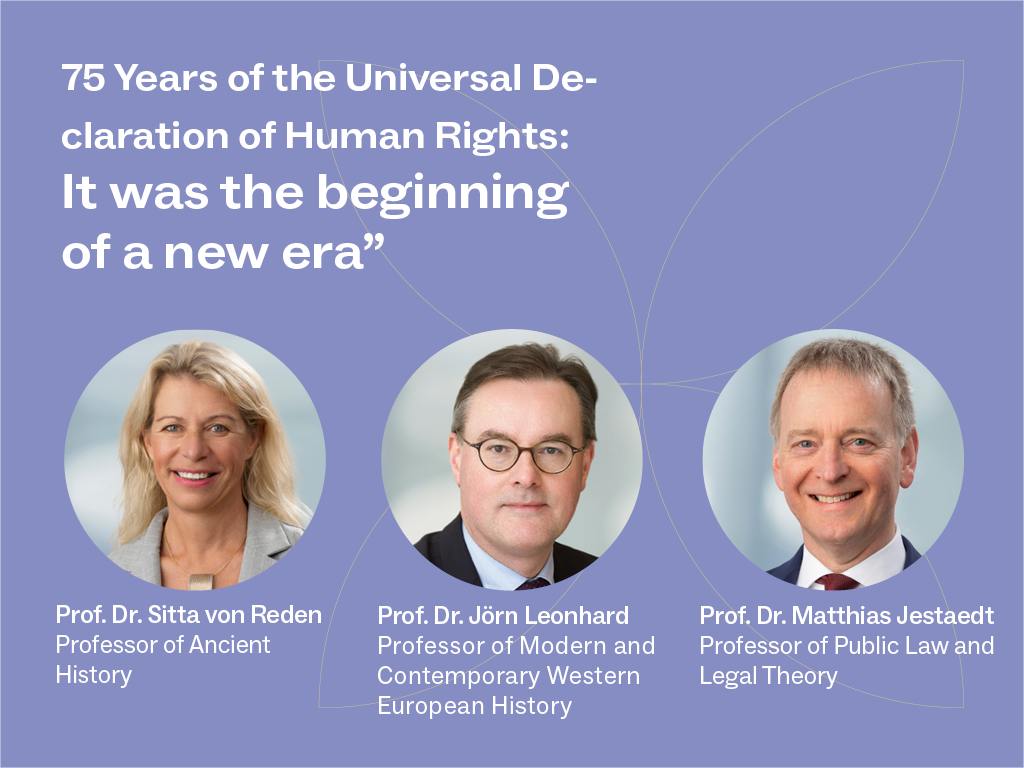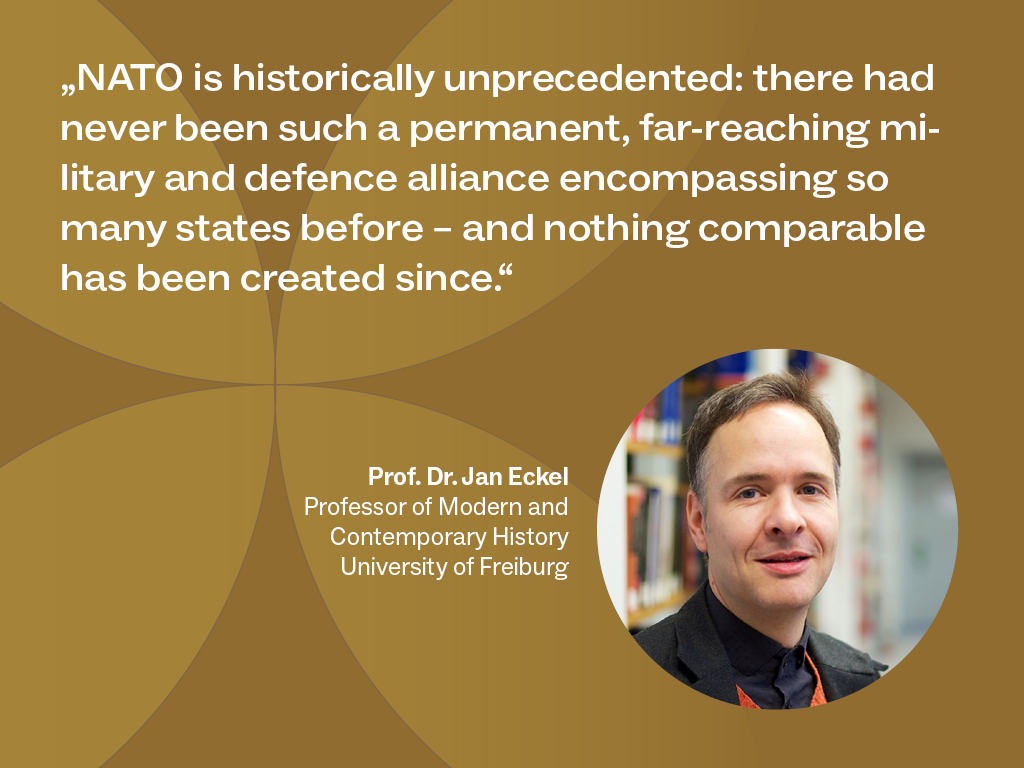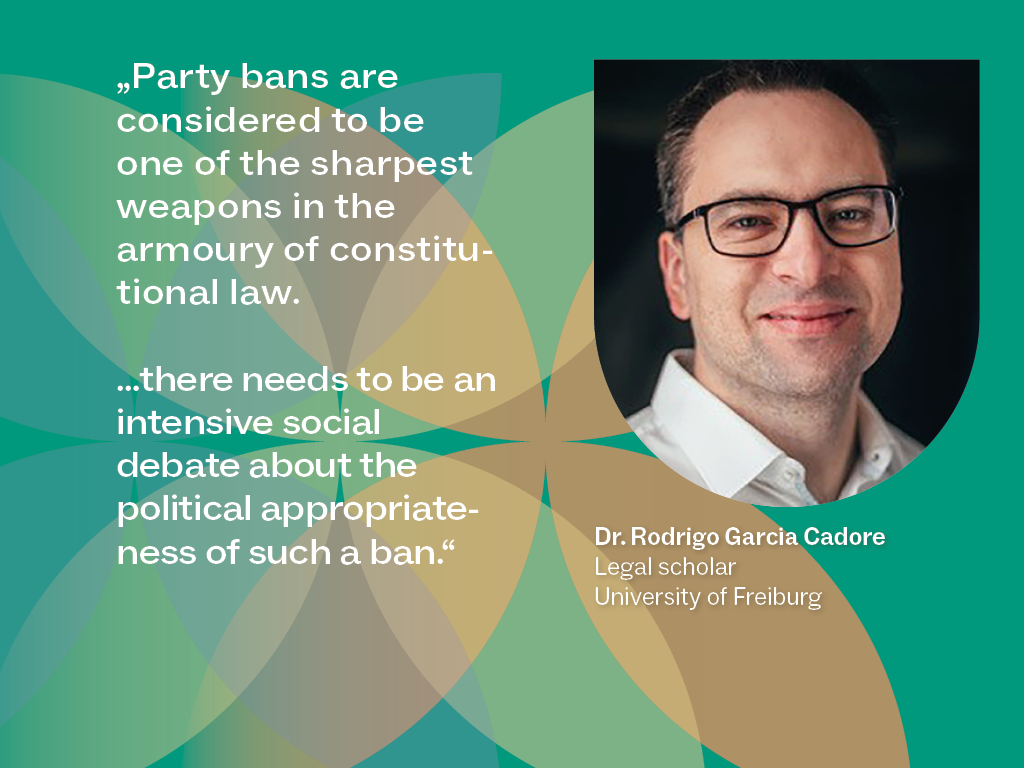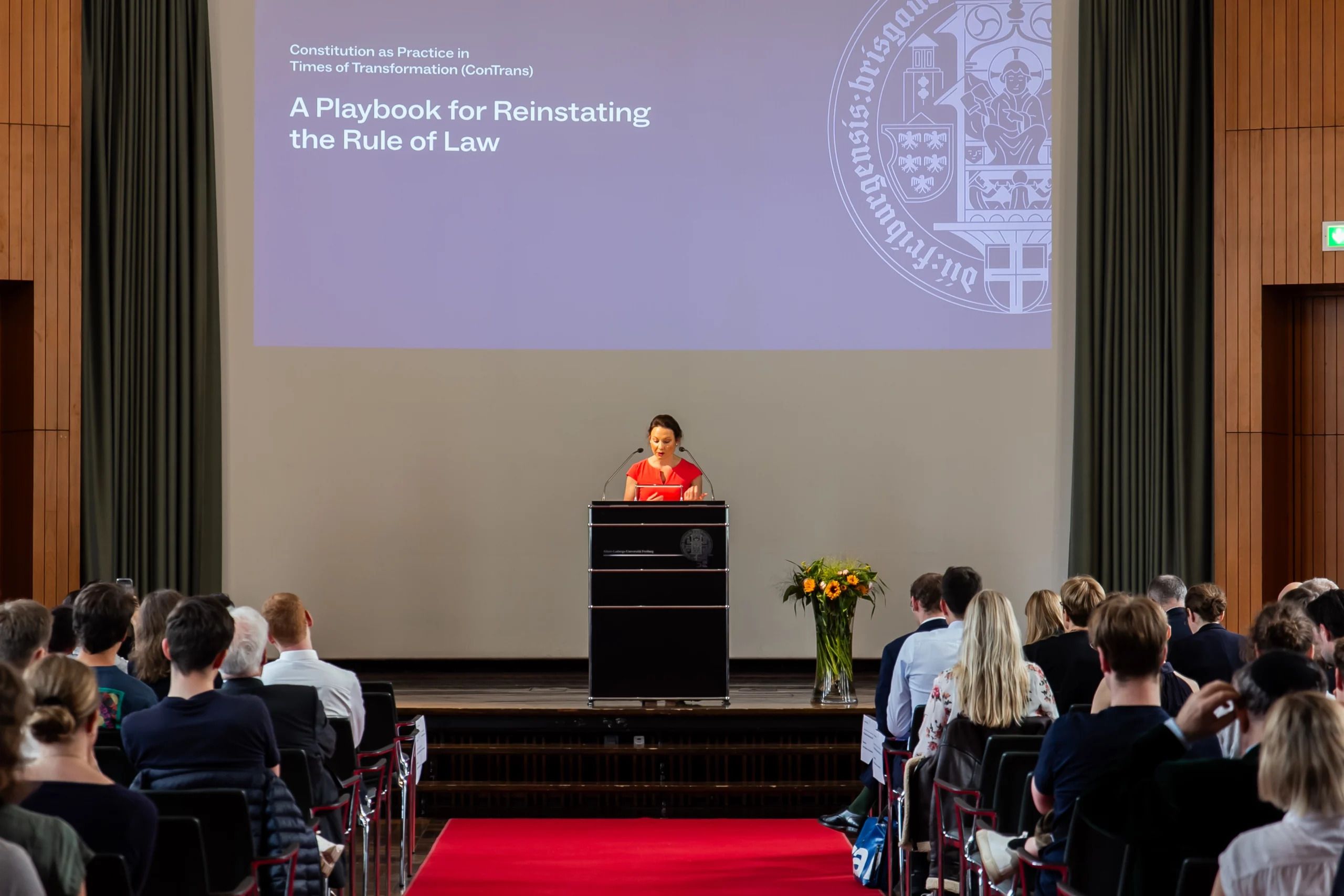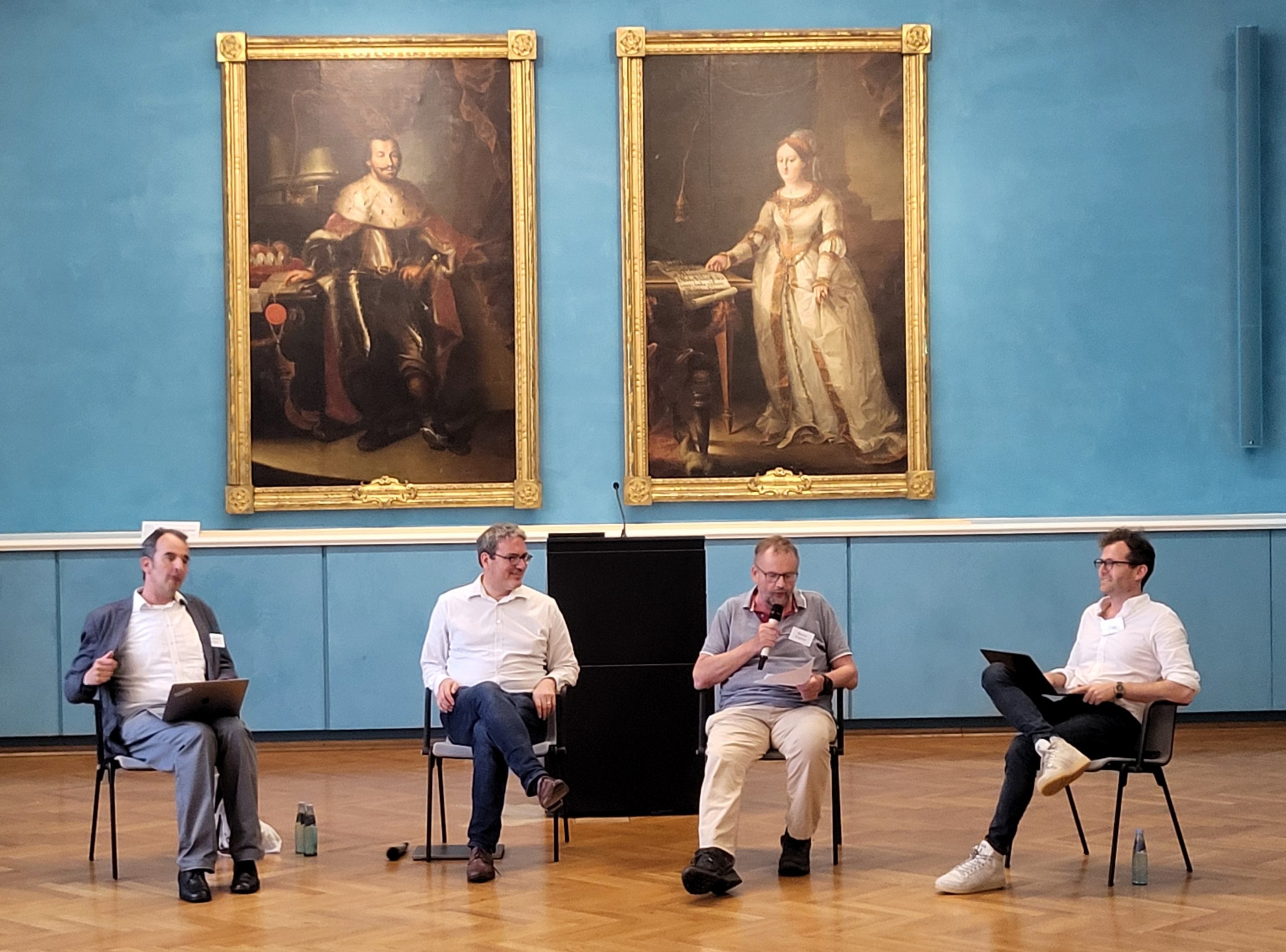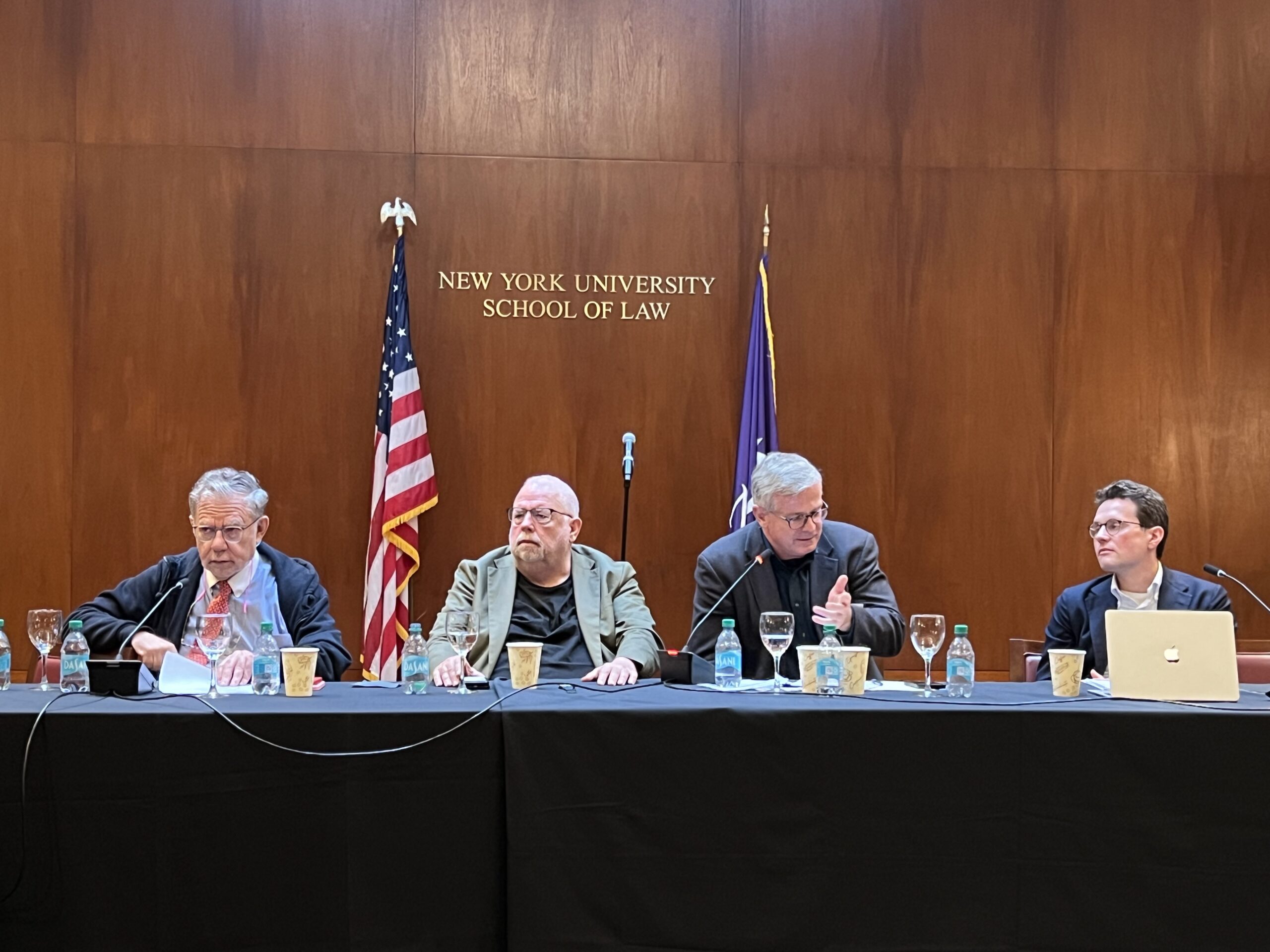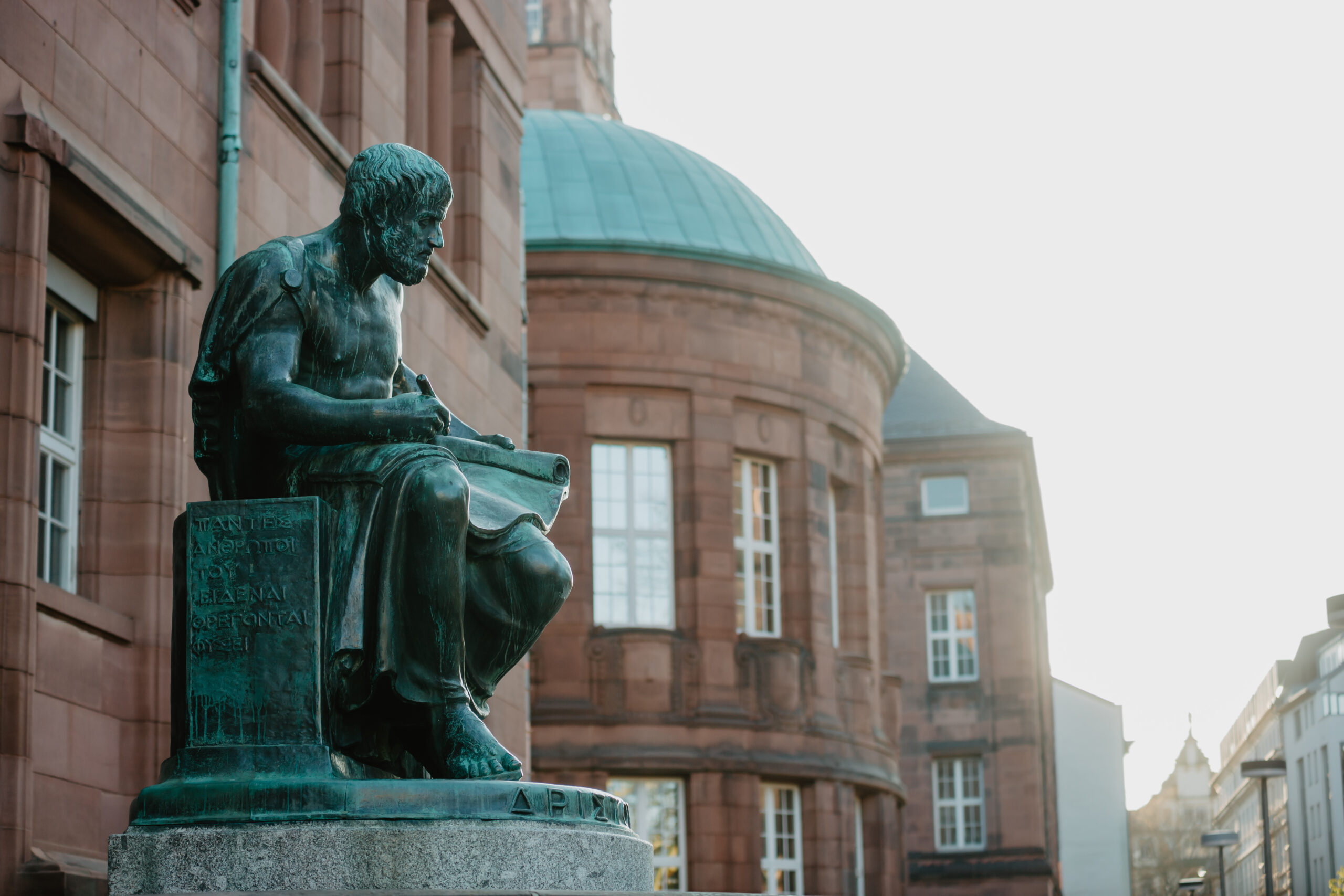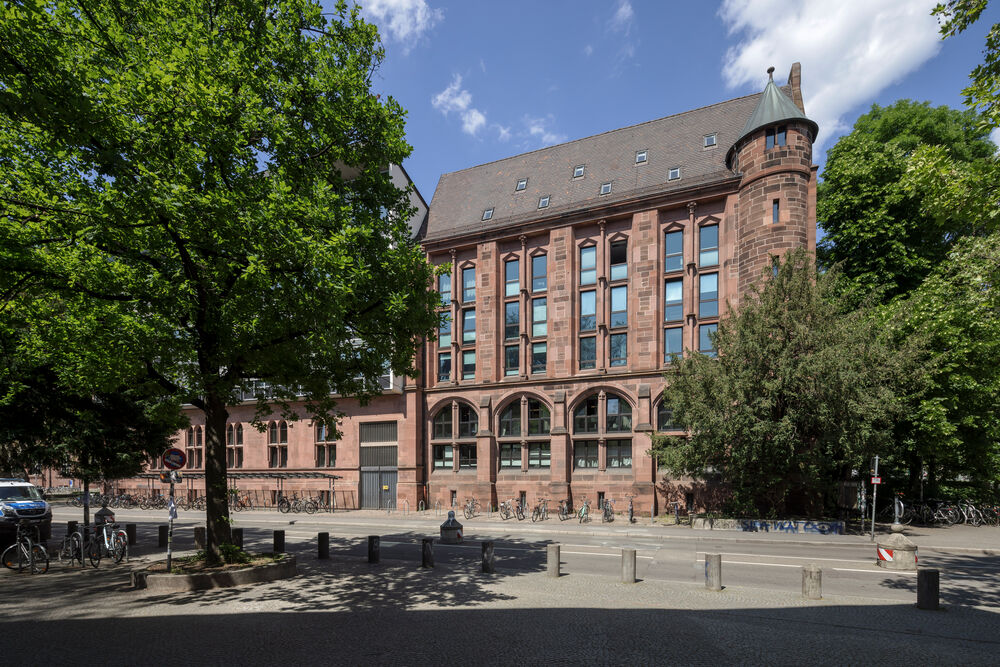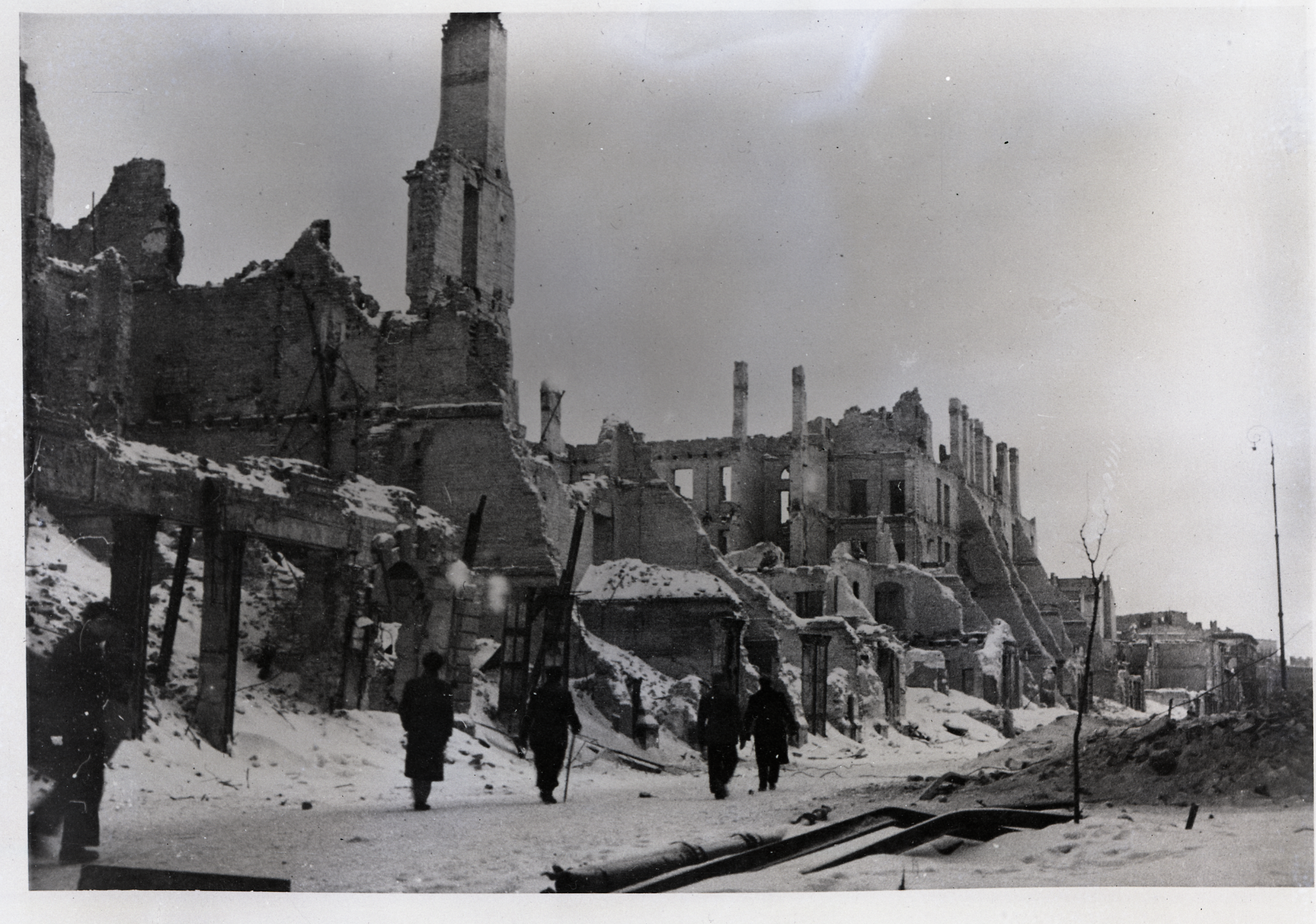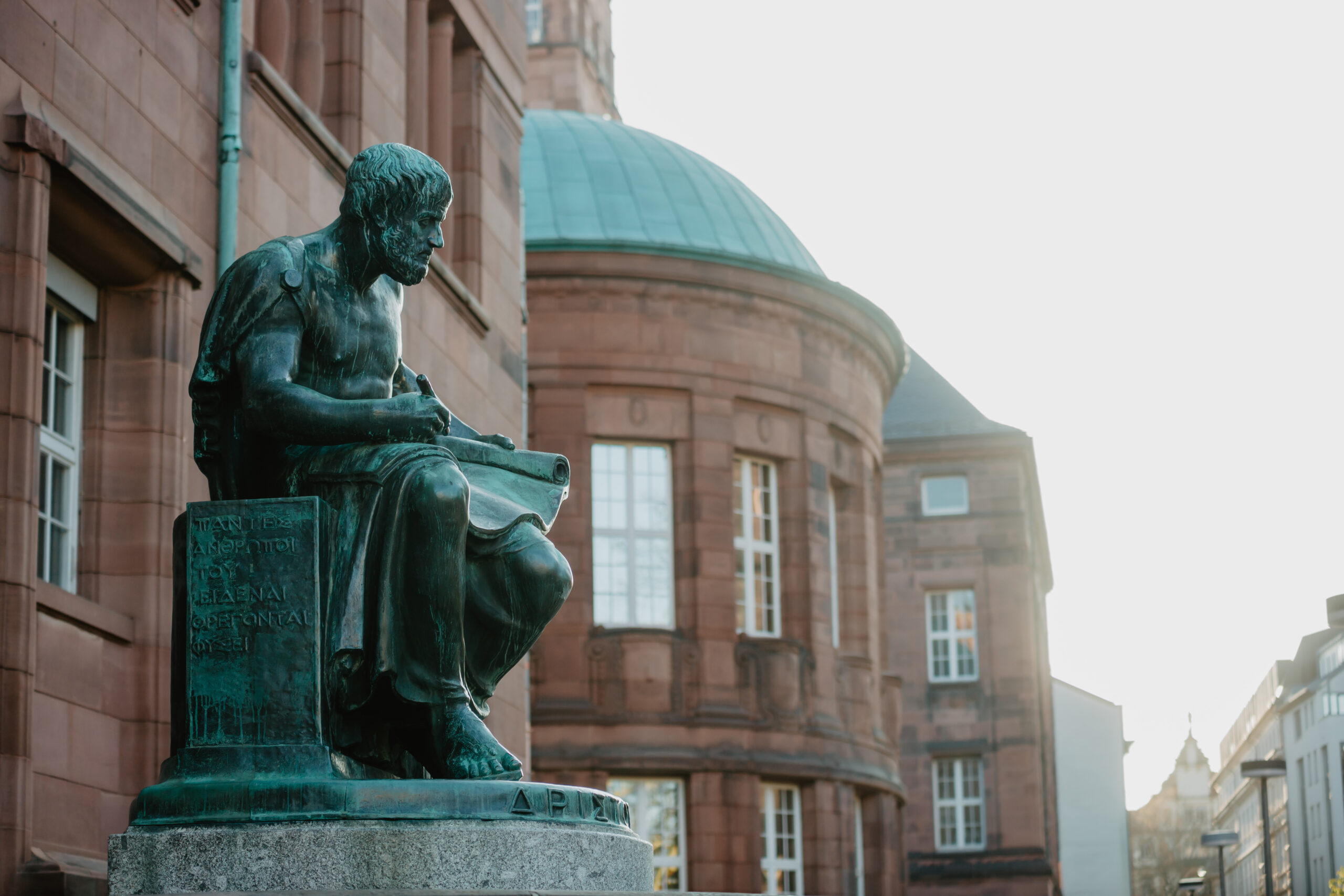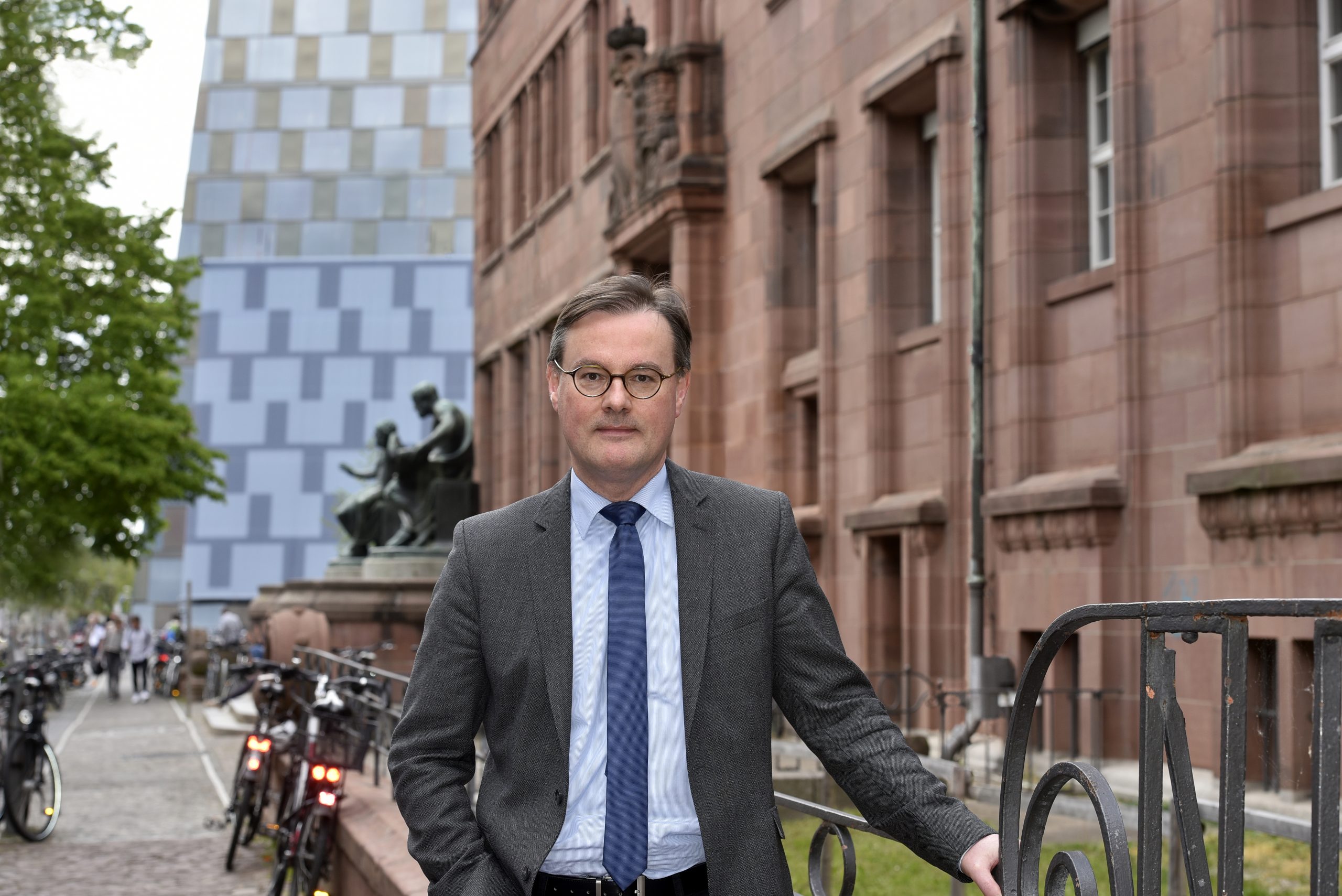Principal Investigators
Dr. Rodrigo Cadore – Comparative Constitutional Law; Constitutional History; Legal Theory
Prof. Dr. Jan Eckel – History of International Law and Human Rights, 19th and 20th Centuries
Prof. Dr. Peter Eich – The Longue Durée of Roman Political Norms and Institutions
Prof. Dr. Tim Epkenhans – History of the Middle East, Islamic Intellectual History since 19th Century
Prof. Dr. Lars P. Feld – Impact of Constitutional Provisions on Economic Outcomes
Dr. Julia Gurol-Haller – Global Authoritarianism; China’s Foreign and Security Policy
Prof. Dr. Matthias Jestaedt – Comparative Constitutional Law; Constitutional History and Theory
Prof. Dr. Anna-Bettina Kaiser – Constitutional Law; Constitutional History; Constitutional Theory
Prof. Dr. Christoph Klauer – Attitude Theory; Prejudice and Stereotypes; Quantitative Methods
Prof. Dr. Tim Krieger – Institutional Economics
Prof. Dr. André Krischer – Early Modern History; Legal and Constitutional History; Political Procedures
Prof. Dr. Daniel Leese – Chinese Politics; Legal History; Intellectual History
Dr. Kathrin Leese-Messing – Cultural History of Early Imperial China; Imperial Chinese Economy
Prof. Dr. Jörn Leonhard – European History in a Global Context; Comparison, Transfer, Entanglements
Prof. Dr. Ethel Matala de Mazza – German Literature; Intellectual History; Law and Literature
Prof. Dr. Dietmar Neutatz – Russian and Soviet History, 18thto 21st Centuries
Jun. Prof. Elisabeth Piller – US and Transatlantic History; Cultural and Social History; Humanitarianism
Prof. Dr. Ralf Poscher – Constitutional Law and Legal Theory
Prof. Dr. Andreas Urs Sommer – Philosophy, in particular Political Philosophy
Prof. Dr. Paulina Starski – European Constitutional Law; Public International Law; Human Rights Law
Prof. Dr. Magnus Striet – Theology and Philosophy of the Modern Era
Prof. Dr. Eva von Contzen – Narrative Theory; Medieval Literature; Cognitive Literary Studies
Prof. Dr. Sitta von Reden – Ancient Greek History; History of Ancient Afro-Eurasian Connectivity
Prof. Dr. Silvia von Steinsdorff – Comparative Politics; Democracy Studies; Socio-Legal Studies
Prof. Dr. Andreas Voßkuhle – Constitutional Law; Constitutional Theory; Constitutional Procedural Law
